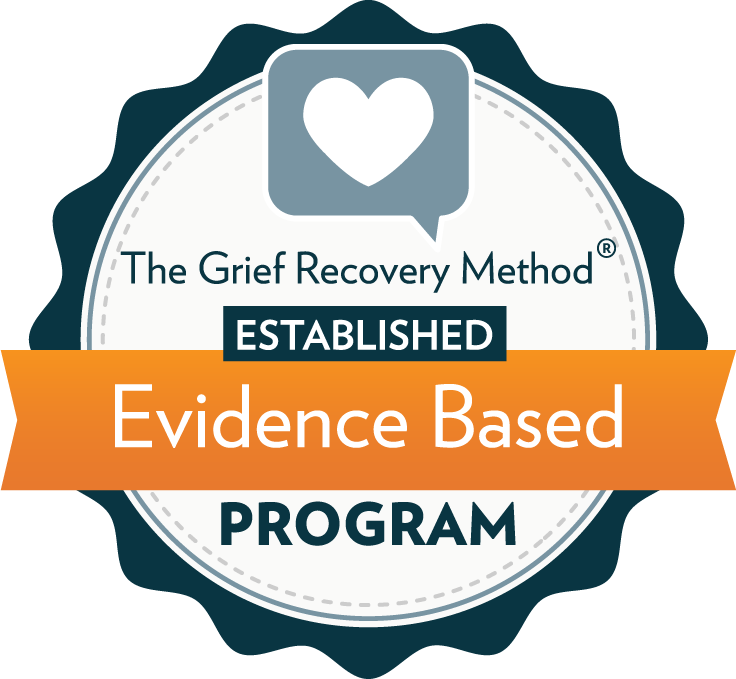“The grieving process isn’t easy, but it is normal and natural. There are
so many myths that keep us in pain. Grief is cumulative,
especially when we don’t deal with it when it happens.”
There is no one solution to navigating the grieving process and no set timeframe for moving beyond grief. Everyone has their own roadmap to inner peace, though I believe the techniques I’ve learned and share with clients can help facilitate the process.
As a life coach and grief recovery specialist, I relate my first-hand knowledge and training to help clients better understand the grieving process, process their pain and move into the next stage of their lives.
My personal grief experience was intense, but the outlook I bring to my practice is positive and upbeat.
My Journey
Growing up in a small Pennsylvania town, my life has included a tremendous amount of joy, but also a number of significant losses. My parents divorced when I was young, my beloved sister died in an auto accident when we were both in our thirties and my husband and soul mate Jeff died suddenly in 2014.
For close to 25 years, as spouses and business partners, our relationship revolved around friends, family and a successful dental practice, with Jeff as dentist and myself as business manager, which extended beyond our home and office and into the community. Patients become friends and our volunteer work with both local organizations and the troop-supporting Operation Gratitude was a shared passion.
A Turn in the Road
When Jeff died in 2014, I sank into a deep depression. A husband who had always been easy to love was hard to let go. I sold the practice we had built together, which was brutal, and then spent a very long time feeling completely disconnected. I lacked purpose and shut myself off socially from everyone but those closest to me.
I knew I needed to move on with my life, but didn’t have the energy, clarity or motivation to think about “next steps,” much less create a plan and take action.
A naturally loving and upbeat person, I felt like a fraud, which only intensified my grief and frustration. Looking back, I can see I was a ‘raw and ragged edge,’ trying to pretend I wasn’t.
Two years after Jeff’s death, I realized that grief wasn’t going to just go away on its own, no matter how many counselors I spoke with or self-help books I read.
A New Leaf
At this point I knew I had to take responsibility for my recovery and began to take action. I trained to become a life coach and, during the process, realized my calling was to focus on clients like me, struggling through unresolved grief.
While completing the Grief Recovery Method, taught through The Grief Recovery Institute, I began to really address the losses in my life, including my husband, sister and the unresolved sense of loss triggered by my parents’ divorce. The process was difficult, but, once I completed this challenging journey, I felt as though a weight had been lifted.
Today I’m enjoying life again. I’m living, engaged with family and friends, pursuing a passion for horses and enjoying time on the beach, which offers the opportunity to reflect on my new path in life.
I’ve lived the Grief Recover Method and practice it with my own clients. When I begin to work with someone new, the most important message I share is that grief is natural; people coping with grief are strong, and, most important,
“You may have a broken heart, but you are not broken.”
XXX





















